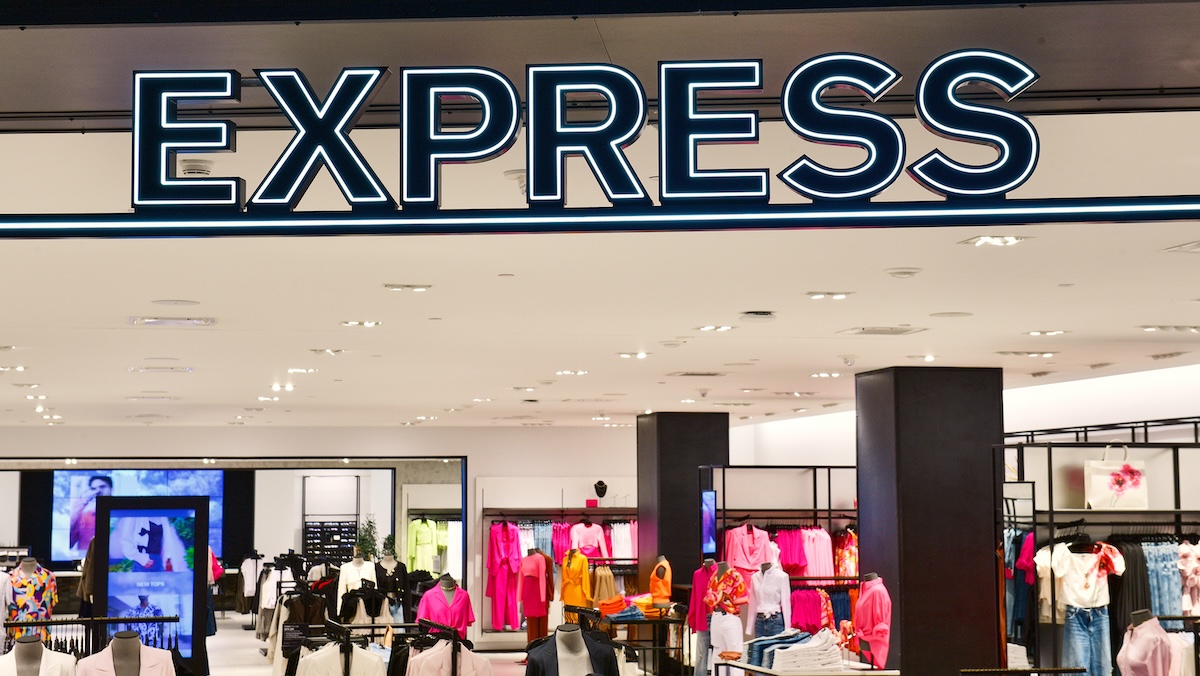Are you ready to have your mind blown? I hope so. I never thought I would live to see the day when an Old Media institution defended piracy. One has, and I intend to make a big stink about it because it’s something we should all put on our calendars and remember.
I recently re-discovered the Dallas Morning News Tech Blog a few weeks ago. It had somehow become a buried feed in my reader, relegated to relative obscurity of my “fallback bin.” It’s mostly geo-centric tech news to Dallas, but yesterday they proffered comment on a New York Times news item about the rise of piracy of school textbooks. In the piece, amazingly, they actually condone piracy:
But what if someone really does write an incredible organic chemistry book, one that will let students learn twice as much in half the time?
That’s why I say that professors — rather than textbook publishers or authors — are the villains. They should be the gatekeepers, the ones who distinguish between expensive me-toos and truly innovative works.
But they don’t. So the whole system is a fraud. Good for the kids who are subverting it.
I’d expect to see this attitude (though a bit more toned down) in TechDirt, or possibly this verbatim in TorrentFreak, but the Dallas Morning News? Simply astounding.
Not that I’m complaining. I’ve always been sympathetic towards pirates of all stripe for a number of reasons, and this is one of the better explained defenses of piracy. As they quoted from the New York Times:
More students are choosing used books over new; sales of a new edition plunge as soon as used copies are available, in the semester following introduction; and publishers raise prices and shorten intervals between revisions to try to recoup the loss of revenue.
Andrew Smith at the DMN Tech Blog expounds:
The Times focuses on a basic Organic Chemistry textbook that runs 1,300 pages and costs $210 new. The publisher sells a $110 e-book version that cuts book retailers out of the loop and eliminates the possibility of used books hurting new-copy sales.
Rather than focusing on actual innovation, these publishers are making minor changes to the texts, and pricing the books even higher than they were the previous year. Certainly the books are a necessary part of the learning process, but the media type is quite obviously all wrong. Rather than printing a whole new run of books, simply amending a line or paragraph that reflects the latest research on the topic and recompiling the PDF, or amending updating the database from which the hypertext is pulled from.
Clearly the printing costs (which aren’t going down, by the way) are a part of the justification for the high price. If they can offer the same text book in electronic form for half the price, then there’s clearly some wiggle room there.
Piracy in the music business forced new business models to arise. Piracy in the entertainment business is forcing the film industry to adapt by making better movies (for unique formats you can’t see in your living room).
Business News
Perhaps piracy will act as a market force here and end the cycle of racketeering by the school systems and publishers.
---
Related Articles at Mashable | All That's New on the Web:
RCMP Says: Piracy OK (for Personal Use)
Don’t Download Illegally in France Anymore
Study Confirms: Piracy Is Better Than The Real Thing
Hey, I Know A Way To Get Windows XP After June 30
NBC Exec Heats Up Battle Against Piracy
Google-Funded Chinese P2P Site Xunlei Sued For Copyright Infringement
Pirate Bay Takes Over Anti-Piracy Domain. A Major Hack?



